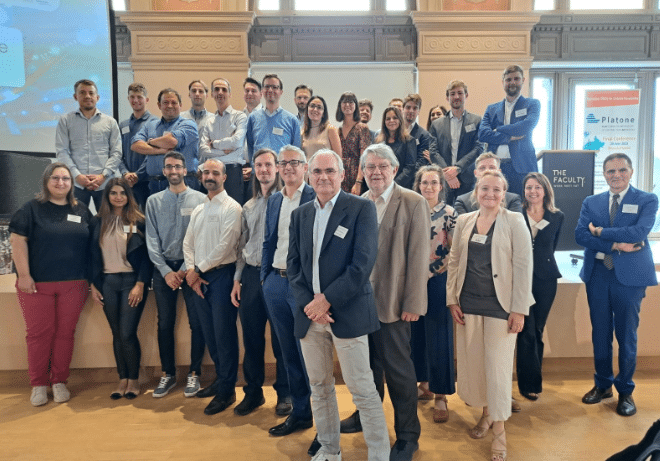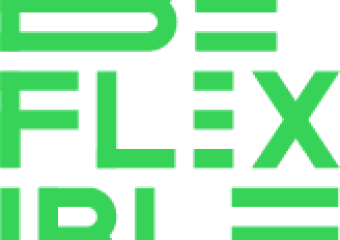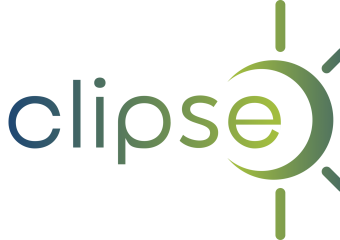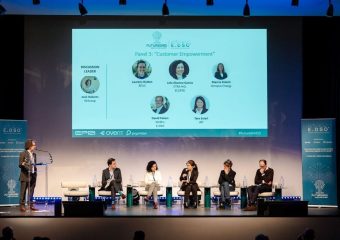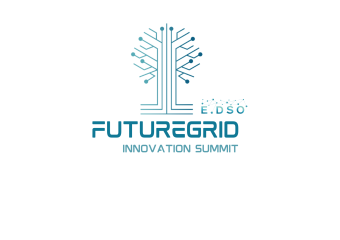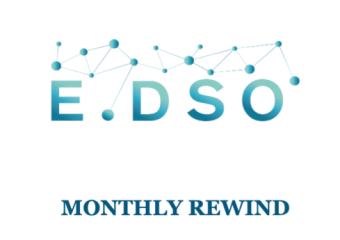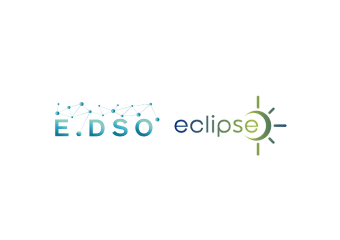On 28 June, the EU-funded Platone project presented the learnings and achievements of its nearly four years of activities during the Final Conference “Digitalize DSOs to Unlock Flexibility”.
Project partners and exceptional guest speakers from all across Europe took an audience of around 100 participants for a deep dive into the future of flexibility procurement, Open Source for energy data management and network observability during the Platone Final Conference. In the on-site and virtual showcase area, participants directly interacted with the consortium and the innovative products and services they developed.
The event started with a keynote on the topic “DSOs Face the Future” by Luis Cunha, Director of European Policies and Projects at E-Redes and Vice-chair of ETIP SNET. He emphasized that the challenges brought by increasing electrification and renewables connections will be overcome by striking the optimal balance between grid investment and use of flexibility.
To set the scene for the following sessions, Platone Project Coordinator Antonello Monti, RWTH Aachen University, presented the project’s journey towards the digitalization of DSOs to unlock flexibility potential in the power system. His input was followed by a panel discussion on how Open Source solutions can foster the energy transition. The discussion was moderated by Ludwig Karg, CEO of B.A.U.M. Consult, who agreed with the panellists that Platone set a reference framework for DSOs pursuing to harness flexibility in the power system and set the path for the uptake and evolution of these solutions after the project’s conclusion. Next, project partners took the stage to introduce the Key Exploitable Results of the project. Participants later had a further chance to learn about the KERs in the showcase area over the networking lunch.
Manuela Ojan, Head of Environmental Transition at Milan’s Agency for Mobility and Environment, delivered a keynote on the value of demonstration projects promoting local renewable energy generation. The following panel discussion looked at how regulation and innovation go hand in hand together. Under the moderation of Ercole De Luca, Head of Electrical System Development at areti SpA and coordinator of the Platone Italian demo, the panellists illustrated how Platone was a brilliant example of this “walking together”. At the closing of the morning session, Luca Lo Schiavo, Director of System Services and Energy Monitoring at ARERA discussed in his keynote the role played by regulation in the effective innovation of the power system.
The second part of the conference kicked off with a video message on the value of demonstration projects by Jens Bley, Major of the Municipality of Twistringen, where the German Demo of Platone took place. Then, in a panel participated by areti SpA, Acea Energia, Avacon, HEDNO and E.DSO, speakers reflected on the learnings of the three Platone demos, the potential impact of the tested solutions on power system stakeholders and the next steps to come towards smart grids innovation.
The next panel, moderated by Helena Gerard, Leader of the BRIDGE Regulation Working Group, focused on how collaboration, cooperation and communities can contribute towards accelerating innovation. The speakers concluded that now more than ever before it is the time to engage stakeholders and create communities to foster knowledge exchange and promote energy system sustainability.
Before the end of the conference, pitch presentations from the coordinators of the FLOW and BeFlexible projects and key partners working on energy system integration gave an outlook on how the Platone journey will continue after the end of its activities. The closing remarks of the event were brought by Roberto Zangrandi, Secretary General of E.DSO, who highlighted how we must ensure that key learnings from innovation projects are streamlined into new EU policy developments and that innovation must go along with the skills required for the green and digital transition. The conference closed with a get-together at the showcase area that allowed all participants to exchange once again on future opportunities for cooperation.
The Platone project will come to an end in August. We invite you to follow its website to keep updated on the publication of the final project results and the next steps to come.
If you missed the event, you can watch the recording here.

